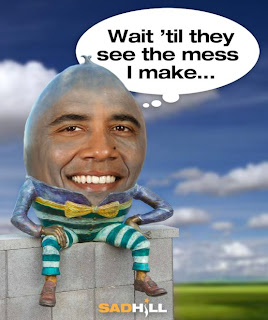State Hypocrisy on Anti-Bribery Laws
July 10, 2011 by Stephan Kinsella
In 1977 the US enacted the Foreign Corrupt Practices Act (FCPA), which makes it a crime for American citizens and businesses to bribe foreign public officials for business purposes. It also imposes certain accounting standards on public US companies, which I wrote about in a 1994 legal article, " The Accounting Provisions of the Foreign Corrupt Practices Act." The hypocrisy of the law is blinding: it's okay for the state to bribe (and extort and coerce) private business by means of threats, subsidies, tax breaks, and protectionist legislation; it's okay for businesses to bribe elected officials (campaign contributions); and it's okay for the US central state to bribe foreign governments; and it's okay for US companies to be forced to pay bribes in the form of taxes, that are less than the amount of bribes they would have to pay to foreign officials. But it's not okay for US companies to bribe foreign officials–even if this is customary and essential to "doing business" in that country, and even if this puts American businesses at a competitive disadvantage with companies from other countries that do not prohibit such bribery–some countries even permit such bribes to be reported as an expense for tax purposes.
As Lew Rockwell notes in Extortion, Private and Public: The Case of Chiquita Banana, - Paying bribes and being subject to this kind of extortion is just part of what it takes to do business in many countries. This might sound awful, but the truth is that such payments are often less than the companies would be paying to the tax man in the US, which runs a similar kind of extortion scam but with legal cover.
In fact, it was the
Bananagate scandal (in which
Chiquita Brands had bribed the President of
Honduras to lower taxes) which helped to spur passage of the FCPA.
Naturally American businesses squealed at the competitive disadvantage this law imposed on them. So of course, instead of repealing this ghastly law, the US used its legislative imperialism to force other countries to adopt similar laws (it also twists the arms of other countries in a number of areas, including IP (see my post
Intellectual Property Imperialism), antitrust law, central banking policies,
oil & gas ownership by the state, environmental standards, labor standards, tax levels and policy, and so on). It did this mainly by pushing the
OECD Anti-Bribery Convention, now ratified by 38 states which are required by the Convention to implement FCPA style laws nationally. The UK has just done so in
The UK Bribery Act, which just came into force this month. According to this
Freshfields release, the UK Bribery Act is "the most far-reaching bribery legislation in the world." The spread of such laws prove the Whig Theory of History is wrong…









































